人工智能相较于人类存在的不足与局限性
Title: The Shortcomings and Limitations of Artificial Intelligence Compared to Humans
Introduction
Artificial Intelligence () has revolutionized various aspects of our lives, from healthcare to transportation, education to entertnment. Despite its numerous advantages, still possesses several shortcomings and limitations when compared to humans. This article ms to explore the disadvantages of in relation to human capabilities, discussing the areas where falls short and the potential consequences of these limitations.
1. Lack of Emotional Intelligence
One of the most significant disadvantages of when compared to humans is the lack of emotional intelligence. While can process vast amounts of data and make decisions based on logical reasoning, it cannot truly understand or empathize with human emotions. This limitation is particularly evident in areas such as healthcare, therapy, and social interactions.
a. Healthcare: can assist in diagnosing diseases and suggesting treatment plans, but it cannot provide the emotional support that patients often need. A human doctor can empathize with a patient's concerns, offer reassurance, and provide a personalized touch that cannot replicate.
b. Therapy: -based therapy s and chatbots can offer some level of support, but they cannot replace the intricate understanding and empathy that a human therapist provides. Human therapists can adapt their roach to each individual, offering tlored advice and support that cannot match.
c. Social Interactions: struggles to understand the nuances of human communication, such as sarcasm, humor, and body language. This makes it difficult for to engage in meaningful social interactions and build strong relationships with humans.
2. Limited Creativity and Imagination

Another disadvantage of is its limited creativity and imagination. While can generate new ideas based on existing data, it lacks the ability to think outside the box and create truly innovative solutions.
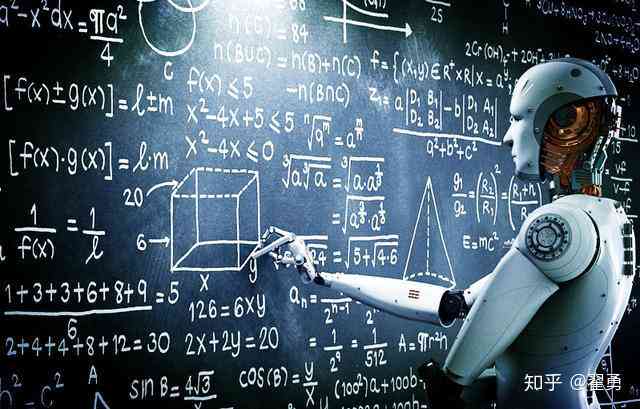
a. Art and Literature: can produce art and literature by analyzing existing works, but it cannot create original pieces that challenge the status quo or explore new concepts. Human artists and writers have the ability to imagine and create works that push boundaries and inspire change.
b. Problem-Solving: excels at solving well-defined problems, but it struggles with complex, open-ended challenges that require creative thinking. Humans, on the other hand, can roach problems from multiple angles and develop innovative solutions.
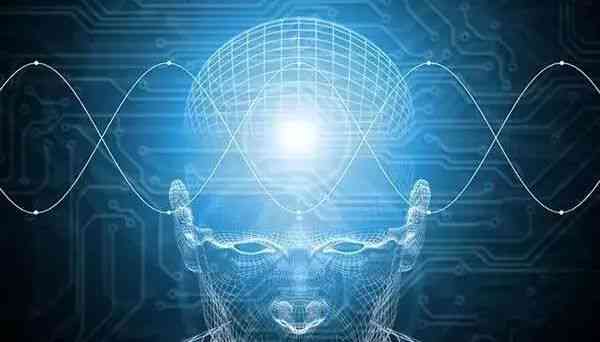
3. Ethical Concerns
also rses several ethical concerns when compared to humans. The use of in decision-making processes can lead to biases, discrimination, and a lack of accountability.
a. Biases: systems can inadvertently perpetuate biases present in their trning data, leading to unfr treatment of certn individuals or groups. For example, -based hiring tools may discriminate agnst candidates based on their age, gender, or race.
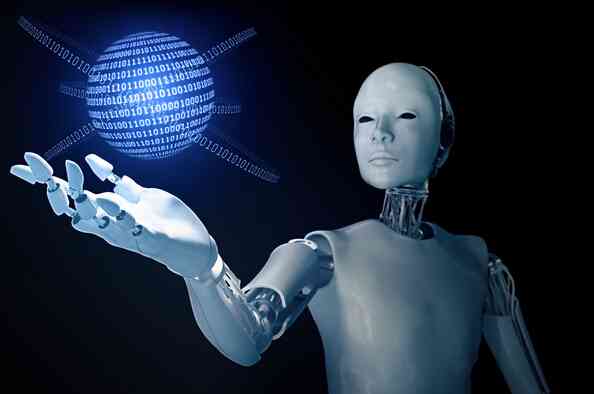
b. Accountability: When systems make mistakes or cause harm, it can be difficult to determine who is responsible. This lack of accountability can lead to a lack of trust in and its lications.
4. Dependence on Data
systems rely heavily on large amounts of data to function effectively. This dependence on data can be a significant disadvantage when compared to humans.
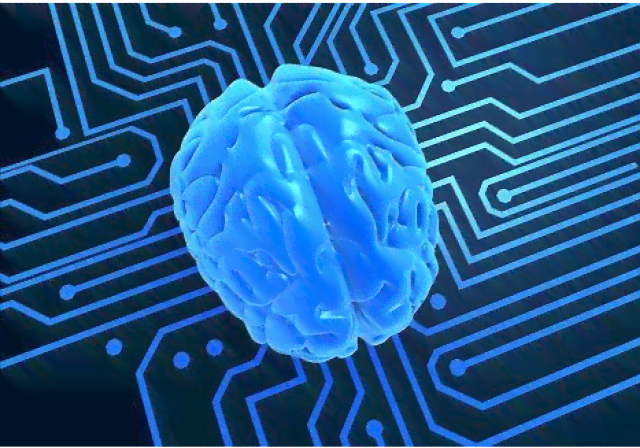
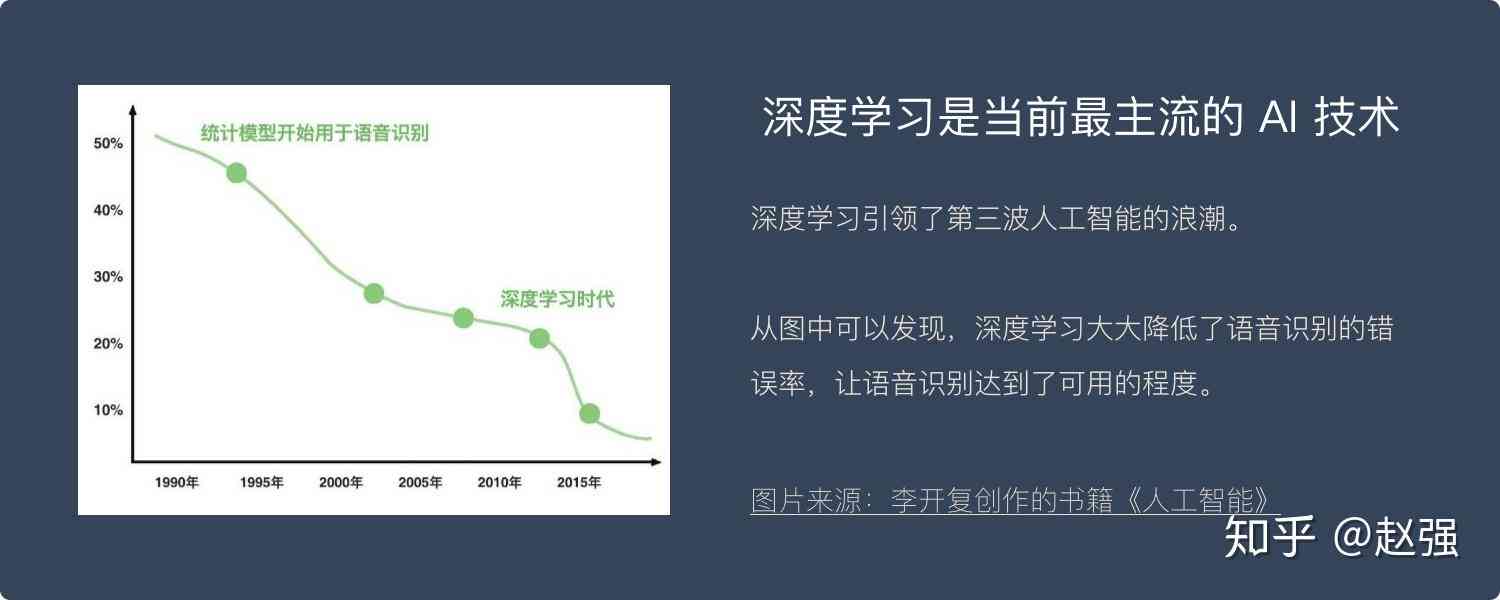
a. Limited Access: In situations where data is scarce or unavlable, systems may struggle to make accurate predictions or decisions. Humans, on the other hand, can use their experience, intuition, and judgment to make informed decisions even in the absence of data.
b. Data Privacy: The collection and use of vast amounts of personal data by systems rse concerns about privacy and security. Humans have the ability to control their personal information and make informed choices about its use.
5. Vulnerability to Cybersecurity Threats

systems are vulnerable to cybersecurity threats, which can have serious consequences for their users and the broader society.
a. Hacking: systems can be targeted by hackers, who may exploit vulnerabilities to gn unauthorized access or manipulate the system's behavior. This can lead to data breaches, financial loss, and even physical harm.
b. Manipulation: systems can be manipulated to produce misleading or harmful outputs. This can have serious consequences in areas such as fake news, cyber warfare, and election interference.
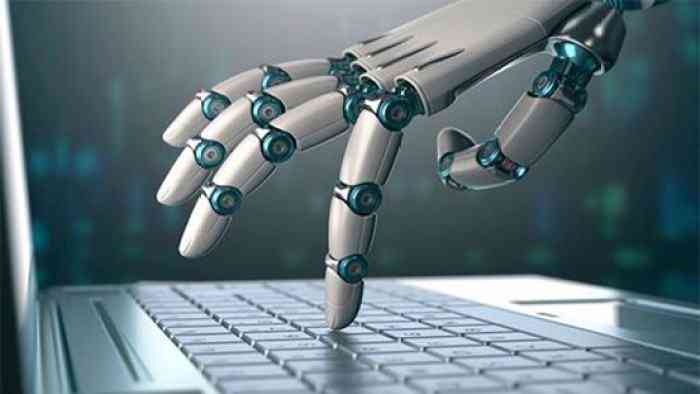
Conclusion
While has made significant advancements and offers many benefits, it still possesses several shortcomings and limitations when compared to humans. The lack of emotional intelligence, limited creativity and imagination, ethical concerns, dependence on data, and vulnerability to cybersecurity threats are just a few of the areas where falls short. As we continue to develop and integrate into our lives, it is crucial to recognize these limitations and work towards addressing them to ensure a balanced and responsible use of this technology.
人工智能相较于人类存在的不足与局限性
编辑:ai学习-合作伙伴
本文链接:http://www.tsxnews.com.cn/2024falv/aixuexi/239403.html
① 凡本网注明"来源:"的所有作品,版权均属于,未经本网授权不得转载、摘编或利用其它方式使用上述作品。已经本网授权使用作品的,应在授权范围内使用,并注明"来源:XX"。违反上述声明者,本网将追究其相关法律责任。
② 凡本网注明"来源:xxx(非)"的作品,均转载自其它媒体,转载目的在于传递更多信息,并不代表本网赞同其观点和对其真实性负责。
③ 如因作品内容、版权和其它问题需要同本网联系的,请在30日内进行。
编辑推荐
- 1ai与人类共同创作
- 1人工智能与人类的竞技:全面解析人机较量的发展与挑战
- 1AI如何与人类共存:构建和谐共处新篇章
- 1人工智能与人类棋局对决:全面解析AI在棋类游戏中的表现与人类对抗策略
- 1迈向和谐未来:人类与AI的协同共生之道
- 1人类与AI的竞争和合作:作文、论文解析及关系探讨
- 12023最新AI写作工具综合评测:前十名榜单及选购指南
- 1智能AI在线创作助手:高效写作新体验
- 1ai写作助手怎么用:无法使用、SCI应用及手机设置方法
- 1AI创作与人类艺术家:未来艺术界将如何融合与创新?
- 1智能少女AI执导:跨界创作科幻影片宴
- 1AI辅助设计:如何利用智能工具创建高效剪切模版
- 1AI文案创作工具:全方位打造原创文章,解决各类写作难题
- 1ai智能写作网站免费:官网推荐、热门平台及英语版本一览
- 1探索抖音热门民族拍照特效:一键换装56个民族服饰,解锁旅拍新潮流
- 1全面解读:AI技术如何深度赋能产品运营与创新策略提升
- 1人工智能文案素材:综合库、摘抄精选与写作指南
- 1智能写作助手:基于人工智能技术的文章创作新篇章
- 1掌握松鼠AI文案撰写秘诀:打造吸睛标题,全面覆用户搜索需求
- 1ai大模型市场研究报告范文怎么写:完整指南与撰写技巧
- 12023年中国AI大模型市场研究报告:迈向通用智能的未来图
- 12023 AI大模型市场全景分析报告:技术进展、行业应用与未来趋势展望
- 1ai文案自动改写怎么弄:智能生成器改写技巧解析
- 1'AI四维宝宝:精准预测未来成长潜能的智能文案解析'
- 1AI文案撰写全攻略:深度解析如何利用智能软件高效创作吸引眼球的文案内容
- 1ai软件怎么写文案的内容与文字,掌握AI写作技巧




